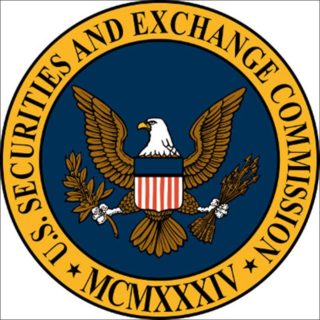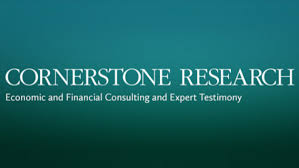
In recent months, a number of companies have been hit with AI-washing securities class action lawsuits alleging that the defendant companies overstated their AI-related capabilities or opportunities (such as, for example, the securities suit filed late last week against Tempus AI, as discussed here). While there have been quite a number of AI-washing related securities suits, I have long though that the larger and longer-term AI-related securities litigation risk is not as much with respect to allegations that companies overstated their AI capabilities, as from allegations that companies understated their AI-related risks.
In a new securities class action lawsuit that reflects these latter kinds of risk, last week a plaintiff shareholder sued online platform Reddit, alleging that the company misled investors by downplaying the impact on the company’s site traffic and ad revenue from Google’s adoption of artificial intelligence search results. As discussed below, these kinds of AI-risk related allegations could represent a potential new area of AI-related securities litigation risk. A copy of the June 18, 2025, complaint against Reddit can be found here.Continue Reading Reddit Downplayed Impact of Google’s AI-Related Changes, Suit Alleges








